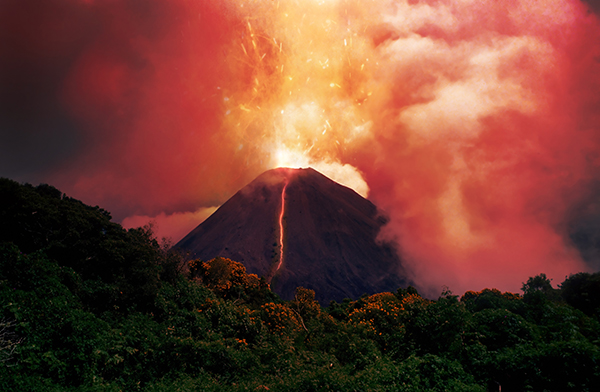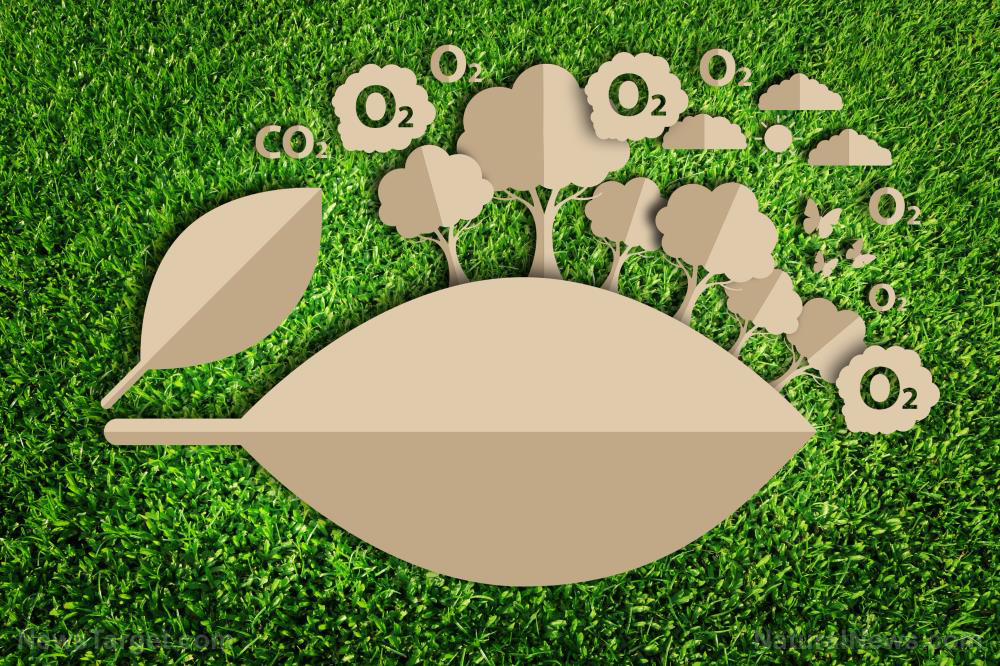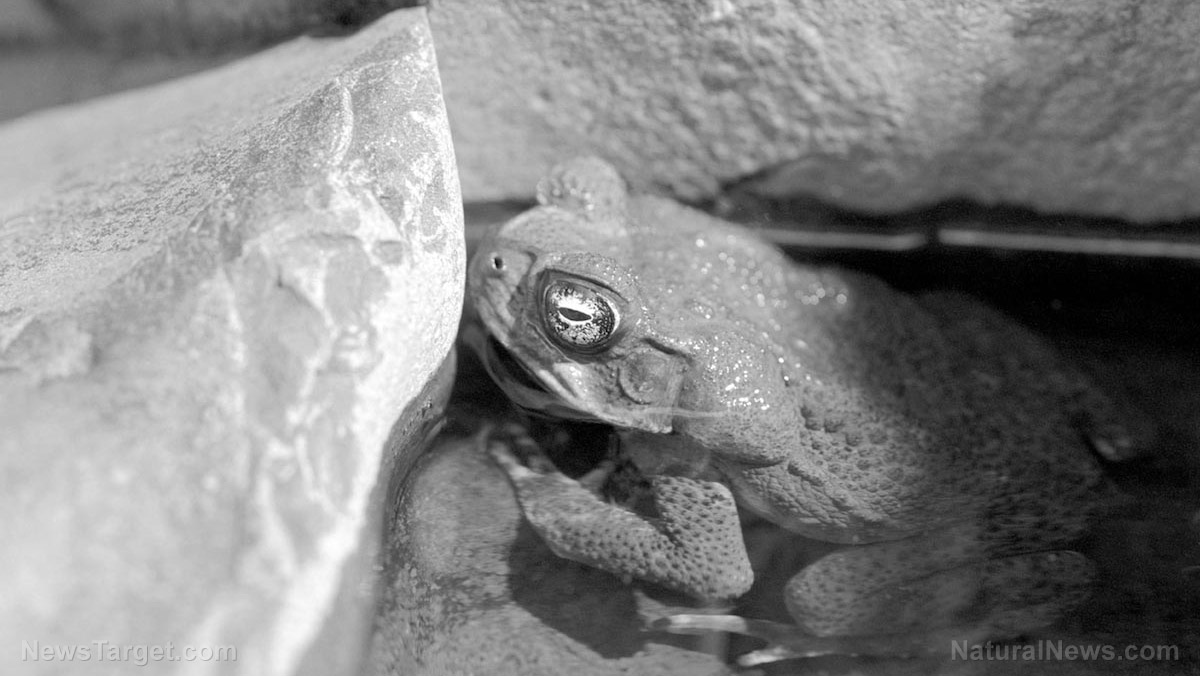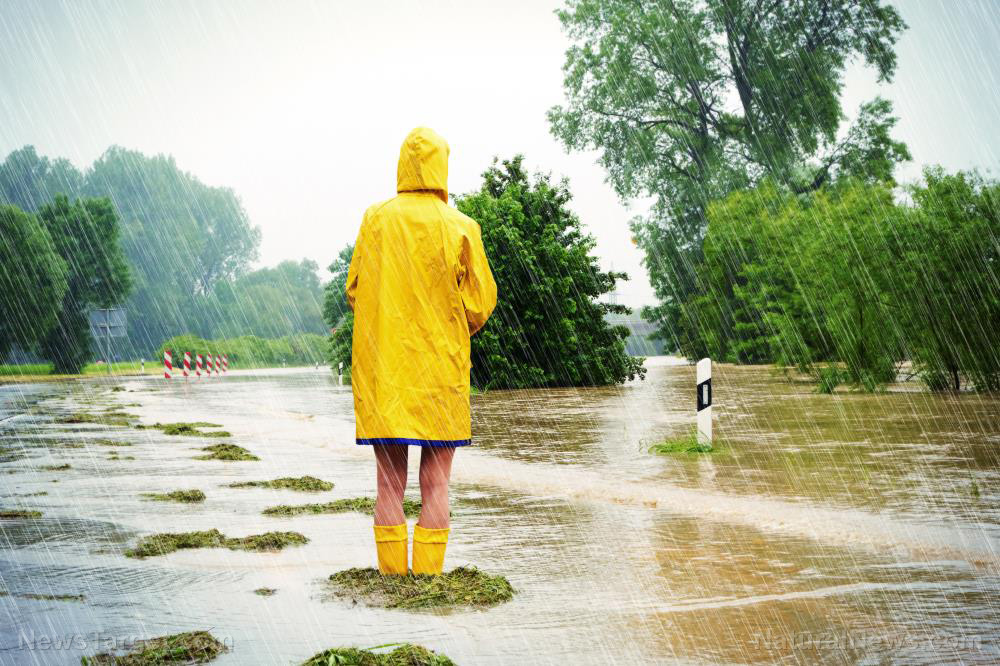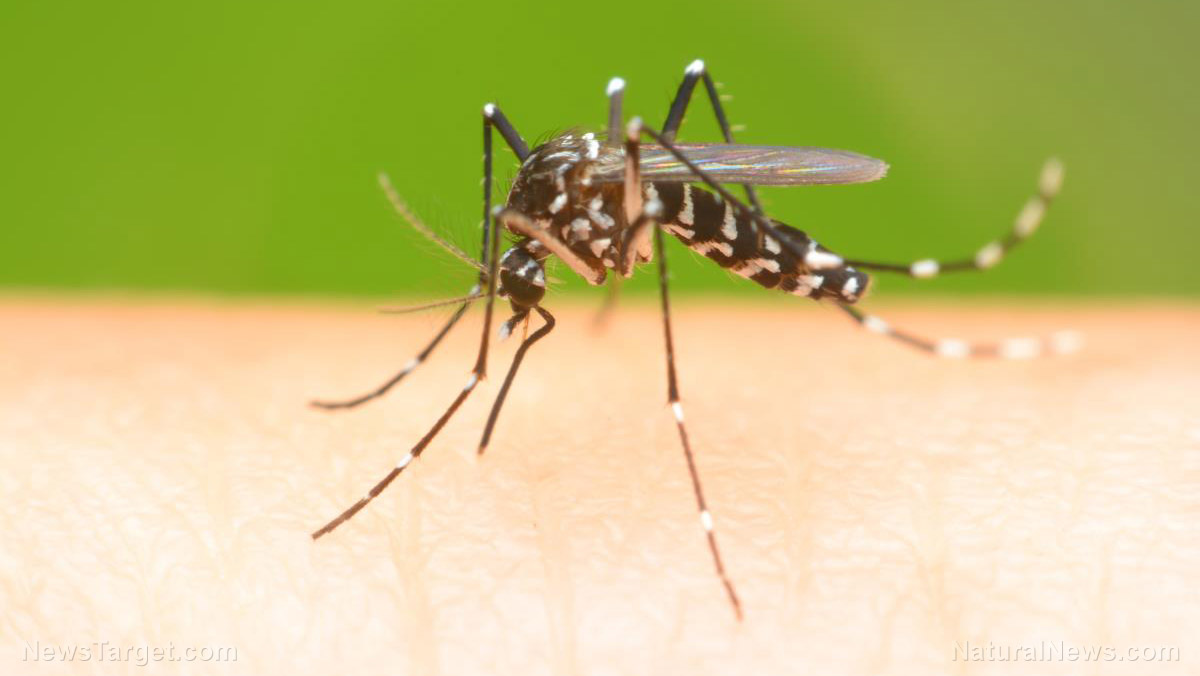Scientists warn human activities like pesticide use, deforestation are driving insects to “apocalypse”
02/01/2021 / By Virgilio Marin
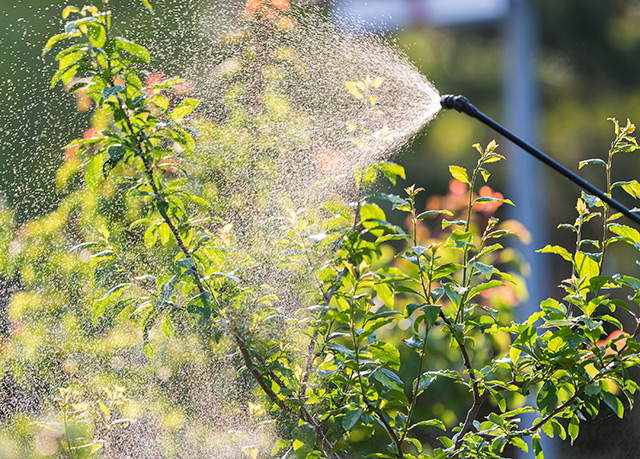
Scientists are sounding the alarm regarding an urgent biodiversity crisis called “insect apocalypse” as humanity’s environmental footprint is taking a huge toll on the world’s insect populations.
In a volume of new papers published in the journal PNAS, experts from around the world said that insect populations are suffering a “death by a thousand cuts” due to several human stressors including pesticide use, deforestation, intensive agriculture, light pollution and urbanization.
The scientists recommended several measures like banning pesticides and planting native plants to create “more and better insect-friendly habitats.” They noted that though most insect populations worldwide are dropping, some have been able to thrive due to conservation efforts.
Insect declines “tearing apart the tapestry of life”
David Wagner, a University of Connecticut entomologist and co-author of the volume’s introduction, emphasized the consequences of the declines and said that insects “are absolutely the fabric by which Mother Nature and the tree of life are built.”
Wagner stated that several insect populations are falling by around one to two percent. At that rate, according to Wagner, “You’re losing 10 to 20 percent of your animals over a single decade and that is just absolutely frightening. You’re tearing apart the tapestry of life.”
The declines are principally caused by agriculture, the introduction of invasive species, nitrification, pollution and land-use change especially deforestation. These are compounded by additional stressors at the local and regional level, such as insecticide and herbicide use, urbanization and light pollution.
“In areas of high human activity, where insect declines are most conspicuous, multiple stressors occur simultaneously,” the authors wrote in the introduction to the volume.
Roel van Klink, a researcher at the German Center for Integrative Biodiversity Research who was not involved in the studies, told the Guardian: “The most important thing we learn [from these new studies] is the complexity behind insect declines. No single quick fix is going to solve this problem.” (Related: While everybody panics about coronavirus, insects are heading for extinction in both the U.S. and Europe … No insects means no food.)
Van Klink is optimistic that insect populations can still bounce back. “There are certainly places where insect abundances are dropping strongly, but not everywhere,” van Klink said.
In fact, four papers in the volume showed that some insect lineages remained stable or even increased in abundance. Several moth species in the U.K., for instance, demonstrably expanded in range or population size.
While such increases were likely caused by winter temperatures, conservation efforts remain important in mitigating insect declines. Wagner and his colleagues noted that the populations of freshwater insects in Europe and North America grew thanks to clean water legislation. In addition, pollinators like the western honey bee in North America “may well thrive due to their associations with humans,” according to the experts.
Actions to save insects from global declines
In the final piece of the volume, a team of biologists endorsed eight simple actions that people can take to save insects. Five of these are intended to create “more and better insect-friendly habitats, the loss of which is likely a leading cause of insect declines.”
The biologists recommended stopping pesticide use; growing native plants; converting lawns into diverse natural habitats; limiting light pollution; and reducing soap runoff from washing vehicles, building exteriors, and using driveway sealants and de-icing salts.
To boost awareness and appreciation of insects, the team further suggested pushing for conservation efforts, getting involved in local political advocacy and countering negative perceptions of insects.
“The remaining three are aimed at adjusting public attitudes toward insects to increase support for conservation actions,” the team wrote.
The biologists concluded that adopting or avoiding certain behaviors will contribute directly and indirectly to insect conservation and the combined impact of these contributions is necessary to address the issues related to insect declines.
Read more articles about humanity’s harmful impact on the environment at Ecology.news.
Sources include:
Submit a correction >>
Tagged Under:
agriculture, biodiversity, Collapse, conservation, deforestation, Ecology, environ, environment, insect apocalypse, insects, pesticide, urbanization
This article may contain statements that reflect the opinion of the author
RECENT NEWS & ARTICLES
COPYRIGHT © 2017 ENVIRON NEWS










